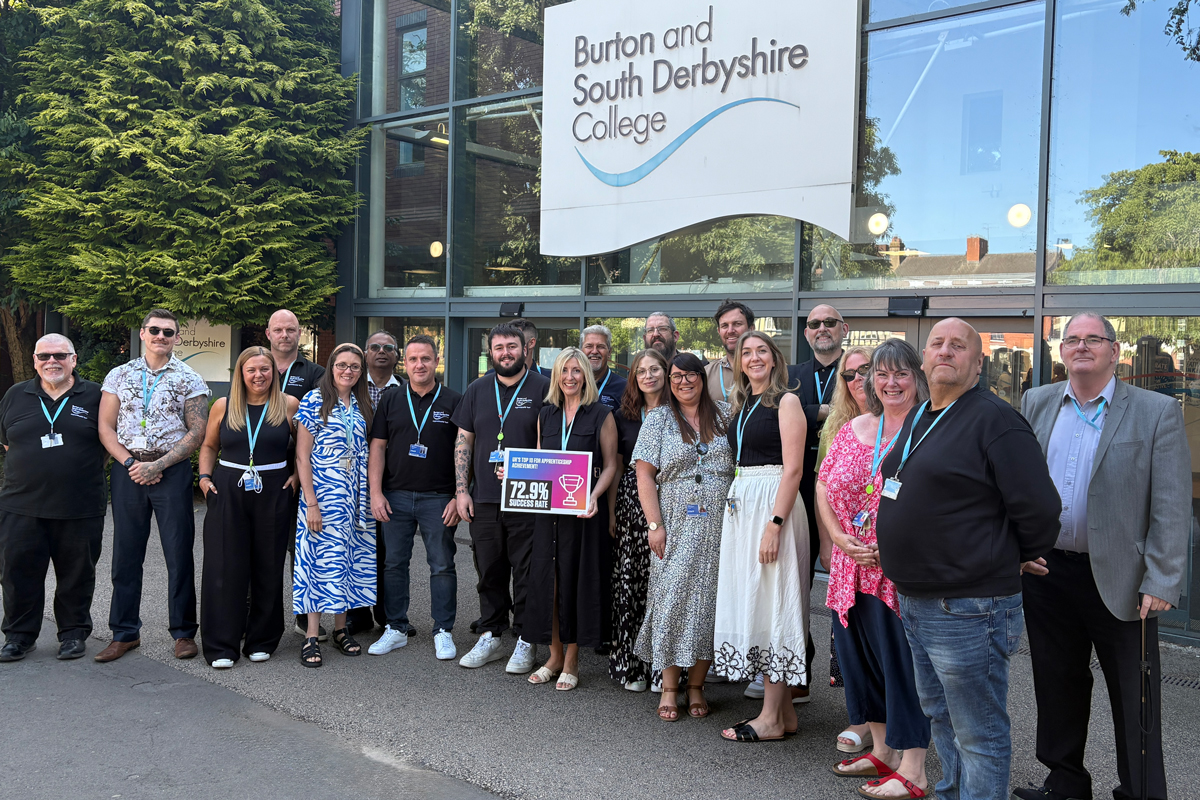Improving apprenticeship progress reviews

The article suggests ways of improving apprentice progress reviews such as integrating them into the curriculum. Highlighting the issue of viewing progress reviews as box-ticking lists to be completed all at once. The article instead focuses on reflecting to KSBs directly related to content and tasks covered in the last period.
Too often, we’re making progress reviews harder than necessary, eroding their purpose and value in the apprenticeship journey to meet a misinterpretation of funding audit requirements.
I spend a lot of time discussing ways to improve the quality of progress reviews. These reviews are crucial for a successful apprenticeship. The Ofsted Annual Report published in December 2021-2022 revealed common themes among providers that received ‘Requires Improvement’ or ‘Inadequate’ ratings for apprenticeship provision.
These themes were:
- Pressure on business and high workloads preventing apprentices from participating in off-the-job training and slowing their progress
- Poor coordination of on- and off-the-job training
- Curriculum overly focused on compliance and qualifications rather than education quality
- Apprentices not prepared for end-point assessments and leaders and apprentices lacking understanding of assessment requirements
An effective progress review model, designed from the start and integrated into the programme design alongside taught content, can help address all four of these issues.
For this article, we will focus on the most common question we are asked: “How do we review progress against all the KSBs in the standard during one review? It takes too long.”
The answer: you don’t.
A great progress review is integrated into the curriculum through design.
Each review should focus on reflecting on the KSBs directly related to the content and work tasks covered in the last period, integrating on- and off-the-job learning. Set goals for addressing any gaps and applying KSBs in the role for the next period. This ensures goals are about applying learning at work, not just completing tasks or qualification content.
Line managers also play a role by providing opportunities for apprentices to apply their learning in practice. During our QA activities with clients, we often hear employers say they haven’t been asked about opportunities to apply what apprentices have learned in their role periodically. It is not enough for this conversation to take place during the initial contracting.
It’s not efficient or impactful to review the entire KSB list at each progress review. This leads to box-ticking rather than value-add.
To illustrate, consider the example of my ambition to learn to play Purple Rain on the piano. It would be pointless to meet every 12 weeks and ask how much closer I am to playing the song in full. Instead, we would set realistic milestones, such as reflecting on my ability to playing the notes learned in the first 12 weeks, and adjust goals based on progress.
Here are some practical ideas to put this into practice. I’d love to hear your ideas too;
- Identify learning milestones for each episode of learning and use them to devise the progress review structure, not just the taught content.
- Provide regular CPD for work-based coaches to understand this structure. This is particularly important for providers where taught content and progress reviews are completed by different people.
- Remember consistency does not mean every apprentice receives the same number of reviews or that each review is the same.
- Use joint scrutiny of progress reviews as a CPD activity. This is one of the most valuable ways to improve progress reviews in our experience.
In short, planning is everything. I promise, it’s worth the time and effort you put in at the outset to alleviate wasted time in laborious progress reviews once the apprenticeship starts.

Footnote: These themes are similar to those which emerge from our clients who use our platform to facilitate their SAR and deep dive enquiries, driving change before inspection from their own internal QA processes.











Absolutely agreed!